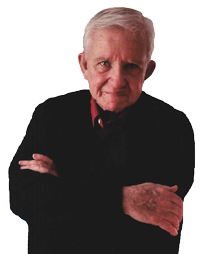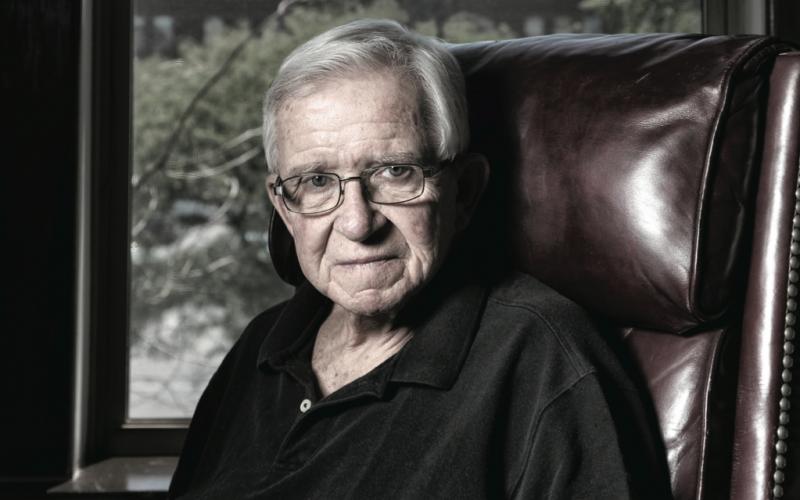I was speaking to a class of bright students at a good university last March when I began talking about my experience covering the Emmett Till murder trial in Sumner, Mississippi in 1955. The professor, who was sitting next to me, leaned in and explained “I don’t think they know about that.”
I thought “everyone” knew about that. I thought the murder of the 14-year old Negro boy from Chicago who was tortured and killed for allegedly flirting with a white woman while visiting his grandfather in Mississippi was part of American history, like The Gettysburg address. I wrote in my article on the trial for The Nation magazine (“Justice in Sumner”) that as soon as the trial was over the town returned to its silent, solid life “that is based on cotton and the proposition that a whole race of men was created to pick it.”
In those days we thought that racism was a problem of “The South.” We hadn’t yet awakened to the fact that it was and is an American problem, woven into the fabric of our history.
Now I imagine those students I spoke last March know about the murder, since The Blood of Emmett Till by Timothy B. Tyson – or anyway its interview with the witness who admits she lied about the boy flirting with her – has prompted the Justice Department to re-open the case. (The book is out of stock now on Amazon.)
The two murderers who admitted their crime years later for a paid magazine article are now dead, as is almost everyone connected with the case. About five years ago I got a phone call from a man who said “I’m sorry to disturb you, but I have to speak to you because I’m writing a book about The Emmett Till murder trial, and you are the only one who was at the trial who is still alive.”
I was twenty-three at the time I covered the trial.
The caller was Devery S. Anderson, who wrote a comprehensive book on the trial called. Emmett Till: The Murder That Shocked the World and Propelled the Civil Rights Movement, published a year ago.
The New York Times reported that the case was re-opened by The Justice Department and the FBI in 2004 with exhumation of Till’s beaten body. Joyce Chiles, The Mississippi prosecutor who presented that case to the Grand Jury got no return of indictments and said recently that any truthful new testimony would not have changed the outcome.
The new attention to the case has resulted in one good thing –making the case known again to a new generation, bringing the brutality before our eyes again to match with the current shootings of blacks by police officers who are never indicted. Everyone in the courtroom that sweltering Friday sixty-three years ago knew what the verdict would be, based on knowing the hearts and minds of the jurors. The essence of the ritual drama we were watching was summed up by John Whitten, the last speaker for the defense, when he announced his faith that “every last Anglo-Saxon one of you men on this jury has the courage to set these men free.”
Evidence was not the point.
It took the Anglo-Saxon Twelve just an hour and seven minutes to set the murderers free. It took that long, one of them said, because they couldn’t figure out how to properly fill out the acquittal form to give the judge.

